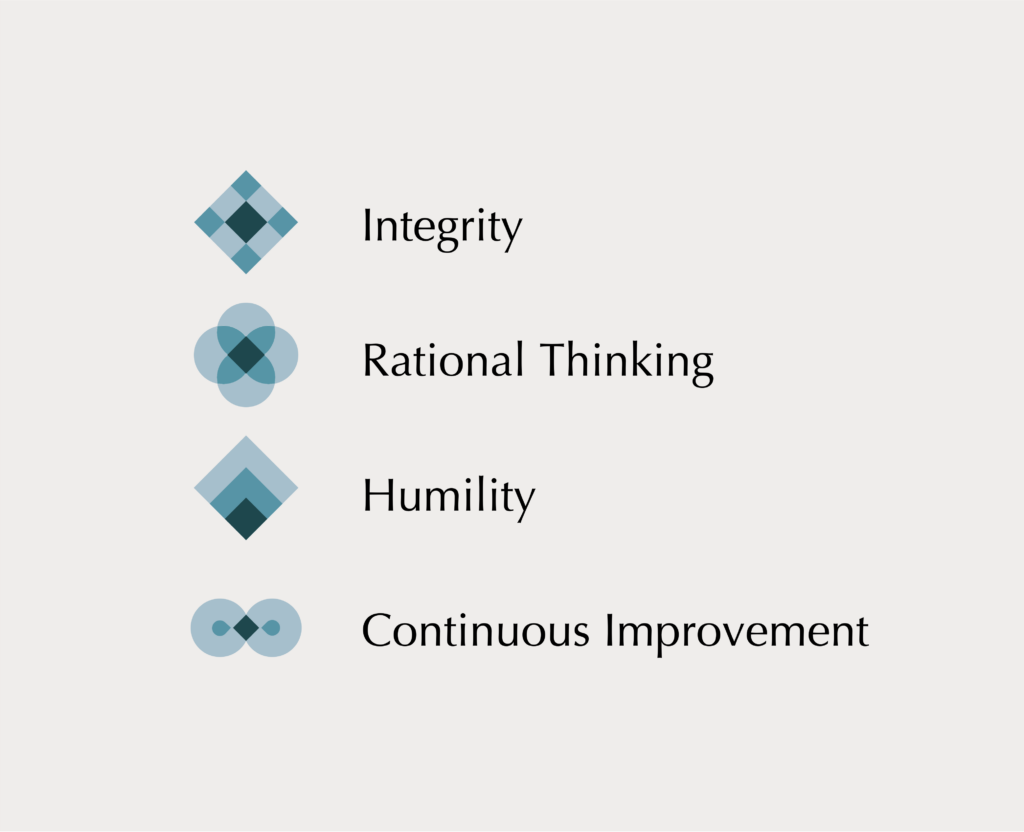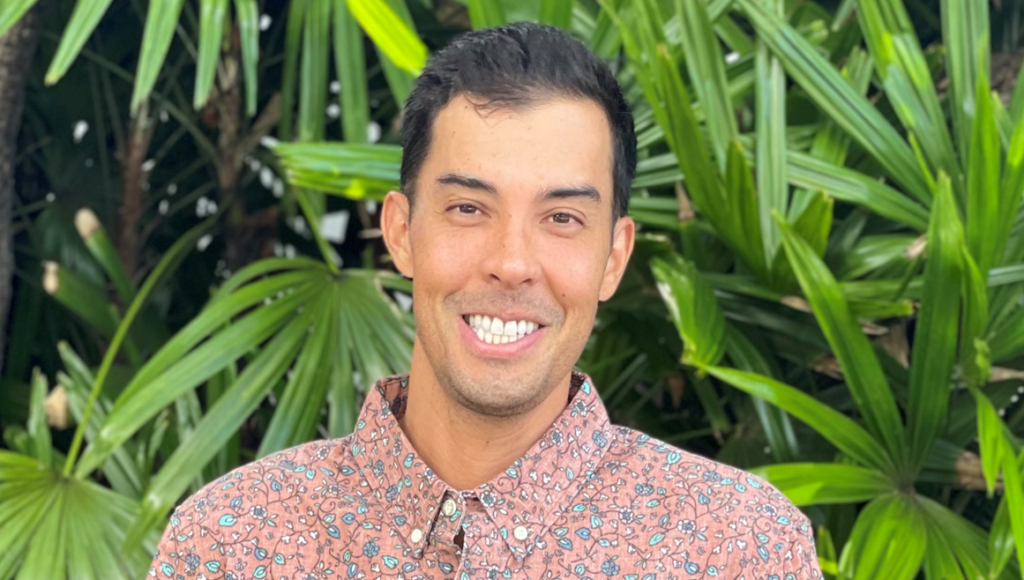It is my hope that opening up about my journey in the financial world will help you understand more about me and the Regency Capital Management team. I am excited to share some of the lessons learned as I tackle this major transition from setting up some of the world’s best spikers to now setting up my clients for financial success.
Kawika Shoji
1. Betting on myself also means betting on others.
As much as the self-help books will beg to differ, you can’t go anywhere in life on your own. I have relied on a world class tribe of mentors. Family, friends, Regency Capital teammates, clients – many of them experts in their fields, continue to help me reintegrate back home and into the Hawaii business community. I have reached out to many people seeking their advice and knowledge. I thank them for being gracious with their time and generous with their wisdom. As I accumulate knowledge and wisdom, I look forward to sharing in return.
2. There is no such thing as passive investing.
There are so-called passive “strategies”, such as “buy and hold” or indexing, but that should not be conflated with “passive investing”. Individuals (or their money managers) must determine how much money to bring into an investment account, what/when/how much to trade, and which risks to take. Those are all active decisions. “Passive” investing with index funds means buying everything and assuming more market risk. There is nothing inherently wrong with that; but the problem is most think they’re taking on less risk and being more conservative. They’re not. Keeping all your money in cash is also an active investment decision, also not necessarily more conservative, especially over time.
3. Don’t reheat leftover fish in the office microwave!
First office job and still learning the etiquette. It turns out that Aunty Keke’s delicious Thai fish soup in the microwave for one-minute equals four hours of unmanageable stench. Thank you teammates for putting up with me.
4. Stocks are businesses, not ticker symbols.
In Berkshire Hathaway’s 2023 annual client letter, Warren Buffett commented:
Please note particularly that we own publicly traded stocks based on our expectations about their long-term business performance, not because we view them as vehicles for adroit purchases and sales. That point is crucial: Charlie and I are not stock-pickers; we are business-pickers.
At Regency Capital, we do the same. We keep it simple and look at stocks as businesses rather than numbers or prices on a screen. When you own stock, you own a share of the business. We look for quality businesses with large moats that generate cash and have growth opportunities over the long-term. A great example is Costco ($COST). Neil has held Costco now for 17 straight years!
5. “Diversification”≠ Diversification.
The famous value investor Benjamin Graham argued that a portfolio of as few as ten stock positions could provide the diversification you need to minimize risk. Some studies project 12-18, while others put the number closer to 50. Of course, the number alone doesn’t provide the diversification but rather how the number gets divided between industries, sectors, capitalization, and asset classes, to name a few. I have seen statements showing hundreds of positions in mutual funds and ETFs, but when you dig a little deeper many hold the same underlying stocks! In this case, you may not be as diversified as you thought. (And hidden fees add up!)
6. Take the low hanging fruit. Or the six-inch putts.
There are never any guarantees with investments, but managing excess cash in US Treasury Bills is as close to a gimme putt as it gets, especially now. Yielding close to 5%, liquid, backed by the US government, off a traditional bank’s balance sheet, and no state income tax. T-bills are a simple solution to your cash management needs.
7. It’s fun being a rookie again!
Towards the middle and end of my volleyball career, I always wished I could have more easily tapped into my initial rookie mindset, one that was a bit naïve but more fearless, free, and fun than anything. It’s just not that easy to maintain in perpetuity. I’m sure some of you can relate! My relative inexperience in the financial industry may not be a weakness, but a real asset. I can be naturally enthusiastic, curious, and innovative because I have no preconceived notions: the freedom to see with clear eyes in the humble pursuit of knowledge.
The content provided in this document is for informational purposes and does not constitute a solicitation, recommendation, endorsement, or offer to purchase or sell securities. Nothing should be considered personal financial, investment, legal, tax, or any other advice. Content is information general in nature and is not an attempt to address particular financial circumstance of any client or prospect. Clients receive advice directly and are encouraged to contact their Adviser for counsel and to answer any questions. Any information or commentary represents the views of the Adviser at the time of each report and is subject to change without notice. There is no assurance that any securities discussed herein will remain in an account at the time you receive this report or that securities sold have not been repurchased. Any securities discussed may or may not be included in all client accounts due to individual needs or circumstances, account size, or other factors.
It should not be assumed that any of the securities transactions or holdings discussed was or will prove to be profitable, or that the investment recommendations or decisions we make in the future will be profitable or will equal the investment performance of the securities discussed herein.


